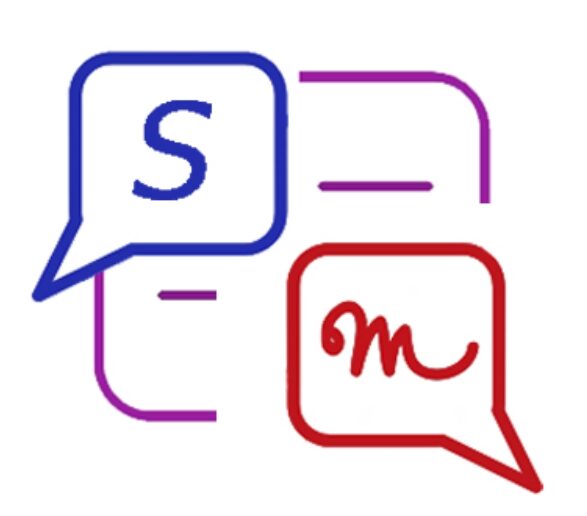Read time: 4 min.
Nowadays, the self-identification of people regardless of the labels imposed by society has become increasingly important, to the extent that it affects language and the choice of words to be used. Adopting inclusive language means eliminating any stereotype, prejudice or discrimination related to a person's gender, age, health condition, origin and ethnicity.
What tricks can we adopt in practice and in particular in written texts? Some text types require more attention from the point of view of inclusivity than others: advertising texts, newsletters, websites, internal company communications and training materials are just a few examples. When writing a text, as much as in translation, changes in the language and the needs of the target audience must always be taken into account.
One of the most debated issues concerns the use of gender. Italian has always preferred the use of the extended masculine, however, the current debate has brought to light other more inclusive and equally effective solutions.
Below, I would like to present some examples from English to Italian, with a focus on a more inclusive language.
| English | Version 1 | Inclusive Version |
| Welcome! | Benvenuti! | Le diamo il benvenuto! |
| Are you satisfied? | È soddisfatto? | Qual è il suo livello di soddisfazione? |
| For his companion... | Per il suo accompagnatore... | Per la persona che la accompagnerà... |
| Are you ready for some news? | Pronto per le novità? | Voglia di novità? |
| Are you ready? | Pronto/a? | Iniziamo? |
| Interested? | Sei interessato? | Ti interessa? |
| Dear X, | Caro/a X, | Gentile X,* |
Although some solutions are equally effective in the first version, the aim is to demonstrate that the Italian language offers many possibilities for rephrasing, which make it possible to avoid the use of special characters such as the star (*) or schwa (ə). Adopting a more inclusive language is simple and costs nothing, and above all, it can make a difference to the image we want to give of ourselves.

